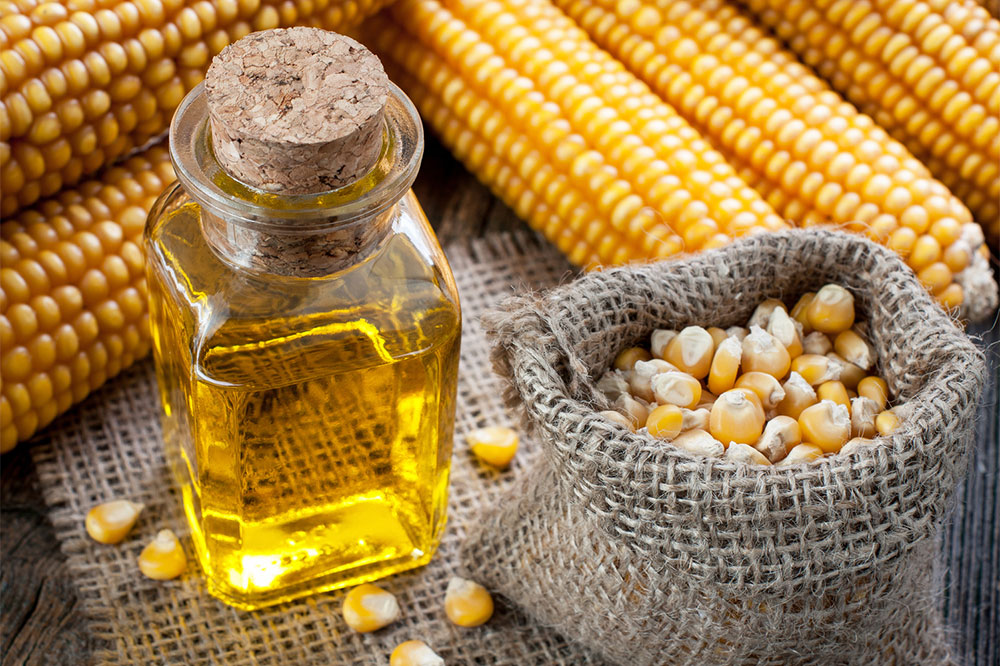8 foods that trigger arthritis flareups

Arthritis is a leading cause of joint problems among adults across the country. Such a collection of conditions usually results in pain, stiffness, swelling, and inflammation in the vital joints. Many trigger factors of arthritis, including certain foods and beverages, could worsen the symptoms to a level of intolerance. Here are eight common food triggers that should be taken in moderation or eliminated to manage arthritis in the long run.
Fatty foods
Processed foods bought off the shelves in the supermarket contain omega-6 fatty acids, saturated fats, and trans fats. For example, corn, hydrogenated vegetable, safflower, and sunflower oils contain excess amounts of omega 6. These are some of the most commonly used products in daily cooking, meaning unhealthy fats are indirectly taken. Also, meat and dairy products contain saturated fats that could trigger cholesterol problems. And most of the prepared foods and snacks contain traces of trans fats that add flavor to the food but make it very unhealthy to have regularly. Any form of processed fat can trigger inflammation among those suffering from arthritis. It is best to limit or moderate having these foods.
Sugar and sugary products
Sugar triggers inflammatory pain in people with arthritis, which does not always mean the sugar added to tea, coffee, or when used as a condiment for popular foods.







